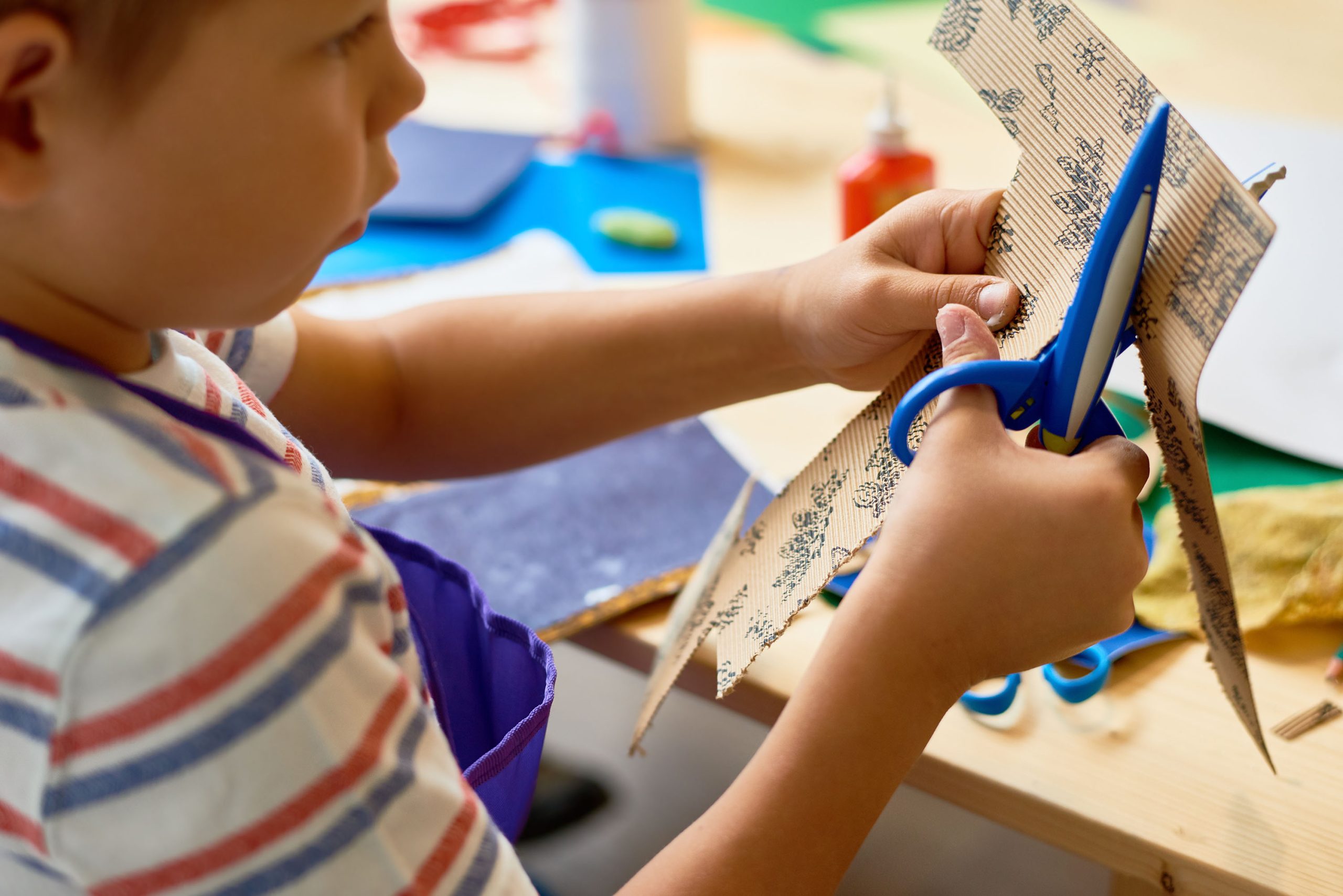When our first started kinder, it was a no-brainer: a July baby, she was 4.5 years old when she started, making her the ideal age of 5.5 when she started school. Although she struggled at home with (then undiagnosed) autism, she was a quiet achiever at kinder with ample social skills and an aptitude for learning. While she did initially struggle with the transition to school, the new social dynamics of her friends now being split across two classrooms, and the bombshell of a global pandemic hitting near the end of her first term, she did eventually sort herself out and fits in well with her peers.
Even before we signed up out son for 4-year-old kinder, we had an inkling that he would repeat. His birthday is in November, which meant that he finished his first year as one of the youngest in his class. For boys in particular, this can be far from ideal when starting school – while typically more physically advanced, they can lag behind their female peers in social and emotional development. It came as no surprise, then, when his teacher approached us partway through the first term to say that she had him pegged as one of the kids she would recommend repeating a the year.
She raised a few concerns which she lumped under the umbrella term “developmental delay”. His fine and gross motor skills needed work, his social skills were lacking (for that whole first year he could barely tell me who his friends were, and the teachers noted that while he was generally popular enough, he tended to get so absorbed in activities that he wouldn’t notice when his friends had moved on to something else). He also struggled to pay attention or stick with an activity for very long.
Our kinder is fantastic and his teacher is totally on the ball, getting to know each student well and making careful observations of their strengths and weaknesses. She made up a plan for helping to address some of those skills deficits, working with a local OT and employing a variety of resources. And sure enough, as enrolments opened for the following year, she gave her official recommendation that he repeat.
In 2022, our son, just turned 5, began his second year of kinder. The comparison was remarkable: he was bursting with confidence, he was so familiar with the routine and what was happening. It gave him the opportunity to really embrace the experience and get the most out of the kinder program. With the additional help of an NDIS support worker, he improved his fine and gross motor skills, developed a stronger attention span, and was able to build better connections with his peers. By the end of his second year, everyone was saying how ready he was to take on the next challenge: school. And the best part was that he felt ready within himself.
We’re a few weeks into the school term now and our boy is loving every moment. His school teacher has described him as a model student who listens well, gets on with his work, and has adapted easily to the new social dynamics of the school environment. I’ve been teaching him to read at home and he has picked it up readily, making it that much easier for him to focus and learn other skills, as well as consolidating his reading skills alongside the class.
There’s no doubt about it: repeating the kinder year was absolutely the best decision we could have made for our son. It helped to prepare him for school so he could make a strong start, full of confidence and ready to excel. Ideally for him, the age difference is minimal thanks to his end-of-year birthday, which helped to make the decision even easier. Still, it’s something I recommend considering for any parent who feels that their child may benefit from a little extra time in the supportive nebula of the kindergarten environment.






2 thoughts on “Our son repeated kinder, and this is what happened”
That’s great to hear that your son is thriving.😄 It makes a difference when there are teachers that are able to assess for things like this and parents who are open to these kinds of adjustments.👏
Thanks! We couldn’t have been luckier in terms of his kinder and the teacher there. I’m definitely grateful to have the resources and a bit of an understanding of neurodivergence (it runs through the family, but of course support and understanding weren’t quite the same when I was growing up!) to actually step in and help the kiddos really go for gold in terms of rising to the challenges of neurodivergence, while embracing the gifts it can bring.
Thanks so much for stopping by!